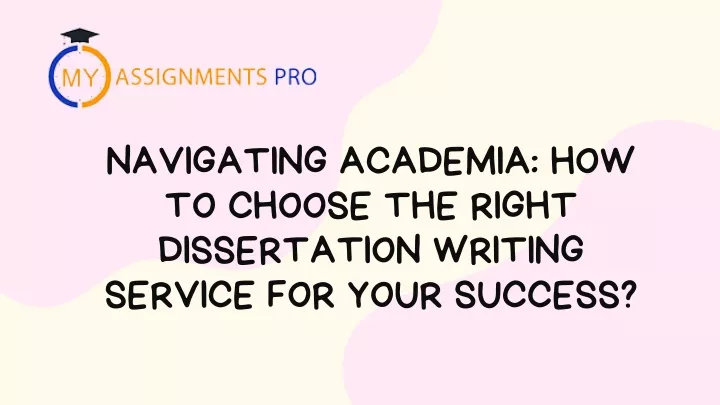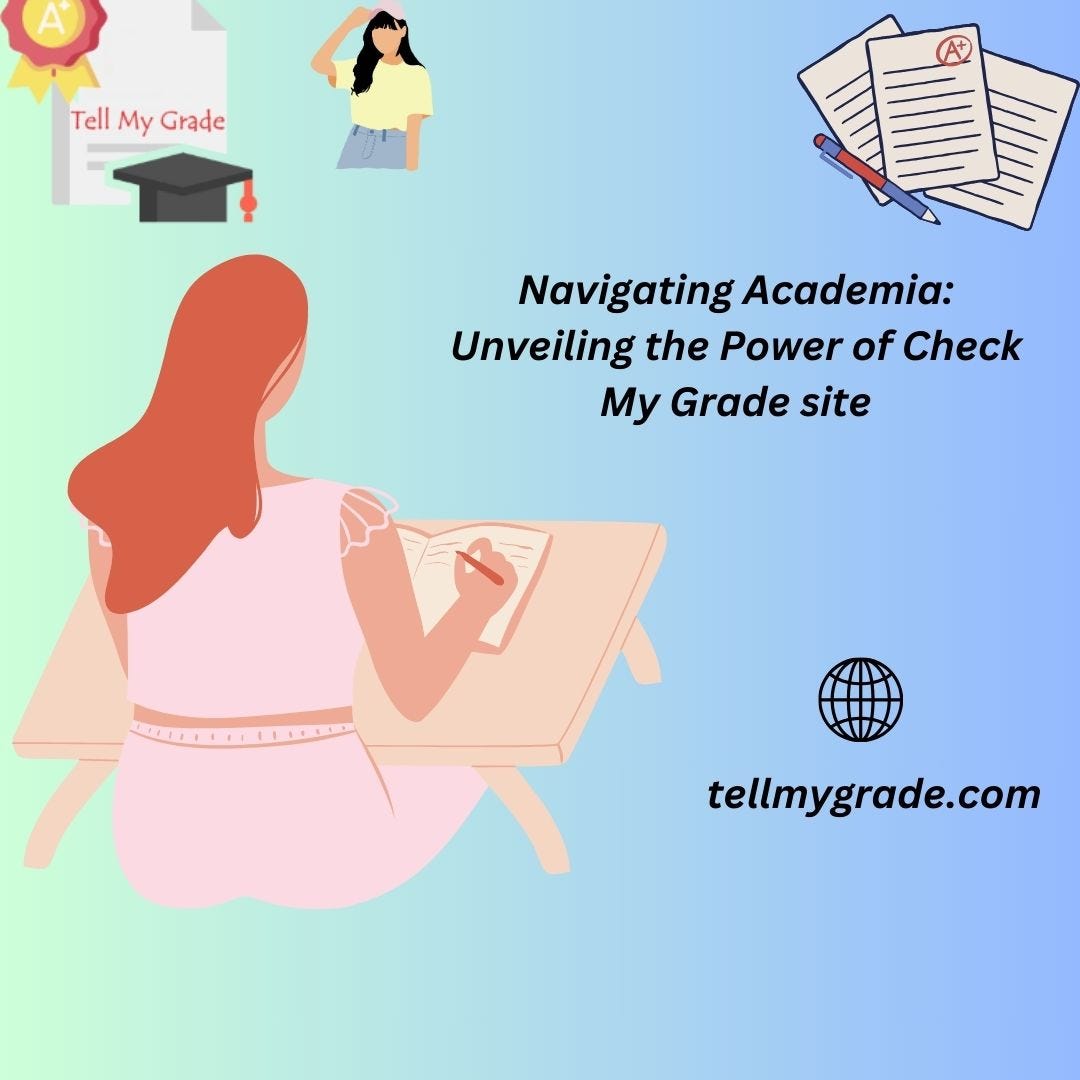Navigating Academia: A Comprehensive Guide to Utilizing Student Reviews for Course Selection in Oregon
Navigating Academia: A Comprehensive Guide to Utilizing Student Reviews for Course Selection in Oregon
Introduction
With enthusiasm, let’s navigate through the intriguing topic related to Navigating Academia: A Comprehensive Guide to Utilizing Student Reviews for Course Selection in Oregon. Let’s weave interesting information and offer fresh perspectives to the readers.
Table of Content

Navigating Academia: A Comprehensive Guide to Utilizing Student Reviews for Course Selection in Oregon
The process of selecting courses can be daunting for students, particularly in a vast academic landscape like Oregon’s. Navigating a complex array of course offerings, diverse professors, and varying teaching styles requires a reliable source of information to make informed decisions. Enter the realm of student-generated reviews, a powerful tool for understanding the nuances of a course and the teaching approach of a particular professor.
One such platform, known for its widespread use and accessibility, is RateMyProfessors.com. This website acts as a repository of student experiences, offering insights into the quality of instruction, course workload, and overall learning environment. While not a definitive gauge of a professor’s competence, it provides valuable anecdotal data that can be used in conjunction with other resources to make informed course selections.
Understanding the Value of Student Reviews
RateMyProfessors offers a unique perspective on the classroom experience, supplementing traditional course descriptions and faculty profiles. Here’s a breakdown of the key benefits:
- Direct Student Feedback: The platform provides a direct channel for students to share their experiences, offering candid insights into the professor’s teaching style, grading policies, and overall course structure. This firsthand perspective is invaluable for prospective students seeking to understand the nuances of a particular course.
- Comparative Analysis: RateMyProfessors allows students to compare different sections of the same course, taught by different professors, enabling them to identify the most suitable teaching style and learning environment. This comparative analysis can be particularly helpful for students seeking a specific approach to learning or a professor known for their clarity and engagement.
- Early Warning System: The platform can serve as an early warning system, alerting students to potential issues with a particular course or professor. Reviews highlighting excessive workloads, challenging grading policies, or a lack of clarity in instruction can help students avoid courses that may not align with their learning preferences or time constraints.
- Community Building: RateMyProfessors fosters a sense of community among students, encouraging the sharing of experiences and insights. This collaborative approach allows students to learn from each other’s experiences, making the course selection process more informed and less daunting.
Navigating RateMyProfessors: A Guide to Effective Use
While RateMyProfessors provides a valuable resource, it is crucial to approach the platform with a critical mindset. Here are some tips for maximizing its usefulness:
- Consider the Context: Recognize that student reviews are subjective and reflect individual experiences. Factors such as a student’s prior knowledge, learning style, and overall academic background can influence their perception of a course and professor.
- Look Beyond the Rating: While the overall rating provides a quick snapshot, delve deeper into the individual comments. Analyze the specific reasons behind the ratings to understand the nuances of the student experience.
- Focus on Consistency: Pay attention to trends within the reviews. Are there recurring themes related to the professor’s teaching style, grading policies, or course workload? This consistency can provide a more reliable assessment of the course experience.
- Cross-Reference Information: Complement RateMyProfessors reviews with other sources of information, such as course descriptions, faculty profiles, and syllabi. This multi-faceted approach provides a more comprehensive understanding of the course and professor.
- Use it as a Starting Point: RateMyProfessors should be used as a starting point for research, not a definitive guide. Engage with your academic advisor, attend open house sessions, and speak to current students to gather a more comprehensive understanding of course offerings.
Frequently Asked Questions (FAQs) about RateMyProfessors
Q: Is RateMyProfessors a reliable source of information?
A: RateMyProfessors is a valuable resource, but it is important to acknowledge its limitations. Student reviews are subjective and can be influenced by individual experiences and biases. It is essential to approach the platform with a critical mindset and use it in conjunction with other sources of information.
Q: How accurate are the ratings on RateMyProfessors?
A: The accuracy of ratings can vary depending on the number of reviews, the diversity of student experiences, and the timeliness of the reviews. It is important to consider the overall trend in the reviews and the consistency of themes within the comments.
Q: Can I trust the comments on RateMyProfessors?
A: While the majority of comments are genuine, there is always a possibility of bias or inaccuracies. Consider the source of the comment, the context in which it was written, and the consistency of themes within the reviews.
Q: Can I use RateMyProfessors to select a specific professor for a course?
A: RateMyProfessors can be a helpful tool for narrowing down your choices, but it should not be the sole basis for selecting a professor. Consider factors such as your learning style, the course content, and your academic goals.
Q: What should I do if I find a negative review about a professor on RateMyProfessors?
A: If you encounter a negative review, do not automatically rule out the professor or course. Consider the context of the review, the consistency of themes, and the overall trend in the ratings. Use this information to inform your decision-making process and explore other resources for a more comprehensive understanding.
Conclusion: Embracing the Power of Student Voices
RateMyProfessors, despite its limitations, offers a valuable resource for students seeking to navigate the complexities of course selection. By understanding its purpose, approaching it with a critical mindset, and utilizing it in conjunction with other sources of information, students can leverage the power of student voices to make informed decisions about their academic journey. Remember, the most effective use of RateMyProfessors lies in its ability to spark further inquiry and empower students to engage in a more informed and personalized approach to course selection.







Closure
Thus, we hope this article has provided valuable insights into Navigating Academia: A Comprehensive Guide to Utilizing Student Reviews for Course Selection in Oregon. We thank you for taking the time to read this article. See you in our next article!